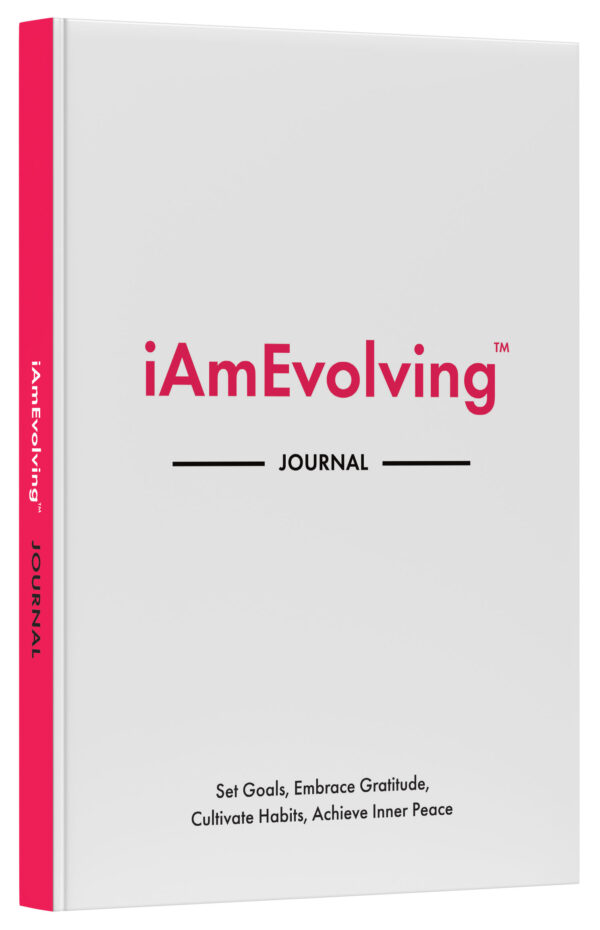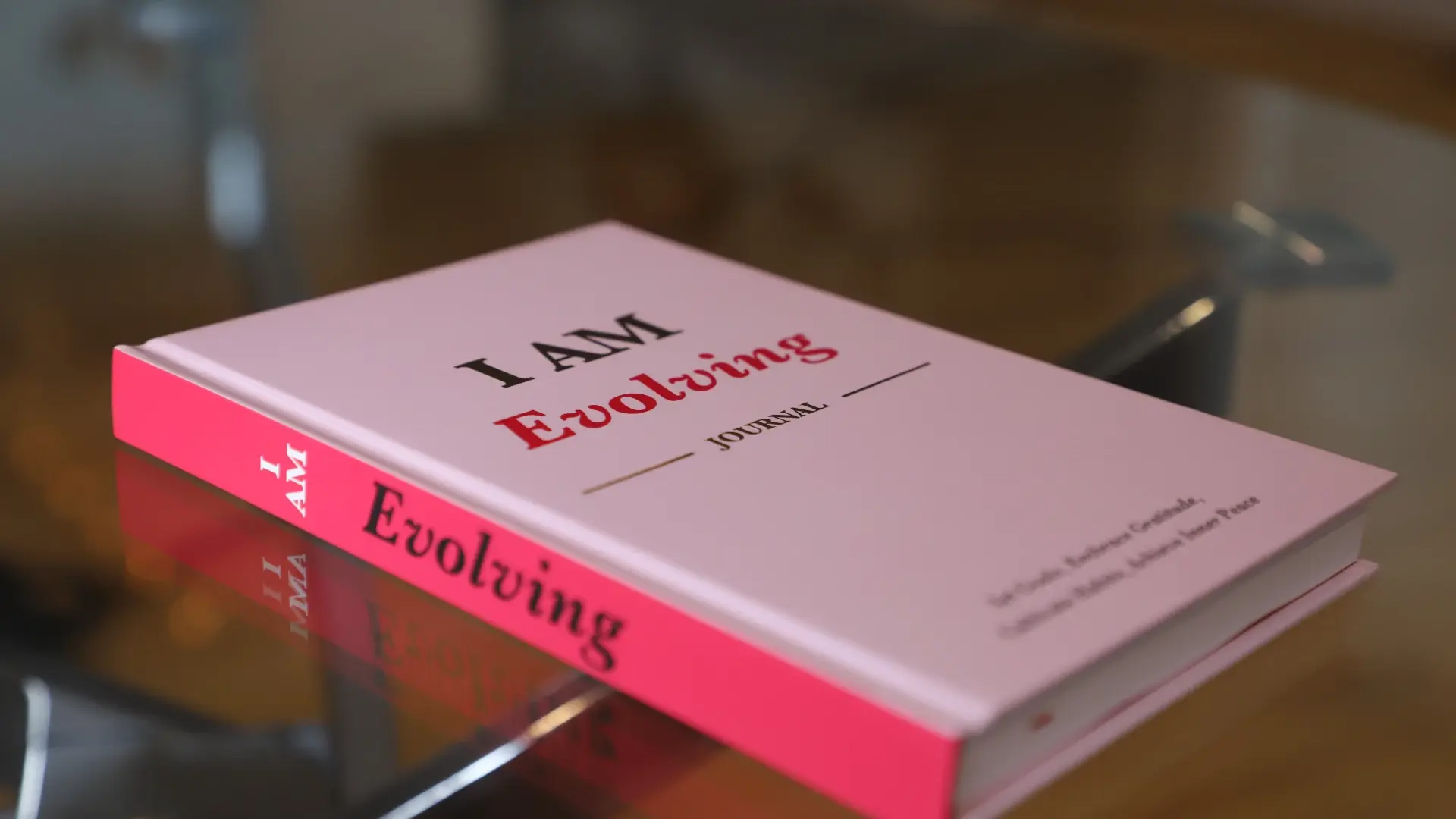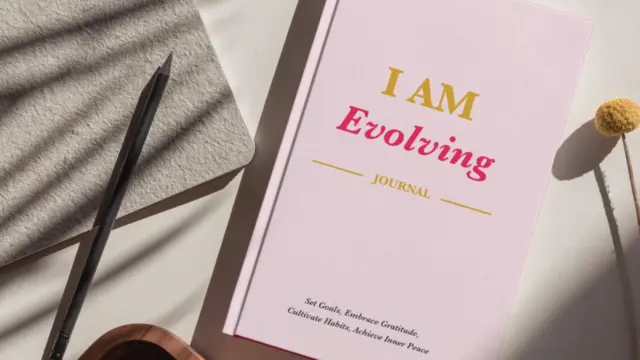Continue shopping
and explore our products below:
Table of Contents

iAmEvolving™ Journal
Set Goals, Embrace Gratitude, Cultivate Habits, Achieve Inner Peace
View JournalJournaling is one of the simplest tools for personal growth — but the real power doesn’t come from writing occasionally. It comes from building strong journaling habits that make reflection, clarity, and growth part of your daily rhythm.
Habits turn good intentions into automatic actions. When journaling becomes part of your routine, it stops being a task and becomes a powerful anchor for mindset, productivity, and self-awareness.
As a personal development coach, I’ve seen how these 10 habits can completely transform the way people think, grow, and live.
1. Journal at the Same Time Each Day
Consistency starts with timing. Choose a moment in your day that you can stick to — mornings for intention, evenings for reflection, or both. A fixed time helps your brain associate journaling with your daily flow.
2. Keep Your Journal Visible
Out of sight = out of mind. Keep your journal somewhere you’ll see it daily — like your desk, nightstand, or beside your coffee machine. This simple habit removes friction and serves as a daily reminder to write.
3. Start Small to Build Momentum
You don’t need to write pages every day. Start with a few sentences or a short list. Most journaling habits fail because people try to do too much at once. Start small, stay consistent, and let the habit grow naturally.
4. Use Prompts to Avoid Blank Page Syndrome
Prompts keep journaling easy and focused. Even experienced journalers sometimes don’t know what to write. Having a few go-to questions like:
- “What am I grateful for today?”
- “What’s my intention for tomorrow?”keeps the momentum going.
Check out 30 Daily Journaling Ideas for inspiration.
5. Reflect Honestly — No Filters
The most powerful journaling comes from honesty. Don’t write what you think you should say — write what’s real. Over time, this habit builds emotional clarity, self-awareness, and deep personal growth.
6. Review Your Past Entries Regularly
Every few weeks, take time to read through older pages. This habit reveals patterns, shows progress, and helps you stay connected to your goals. Looking back is motivating — it reminds you of how far you’ve come.
7. Use a Structured Journal to Stay Consistent
While any notebook can work, structured journals make it much easier to build journaling habits. The iAmEvolving Journal is designed specifically to help you develop a meaningful daily practice with clear sections for:
- Goal setting
- Gratitude
- Habit tracking
- Reflection
Available here:
8. Pair Journaling With Another Habit (Habit Stacking)
One of the easiest ways to make journaling stick is to attach it to a habit you already have — like morning coffee, evening tea, or nightly reading. This “habit stacking” technique removes decision fatigue and makes journaling automatic.
9. Keep It Enjoyable
If journaling feels like a chore, you’ll eventually stop. Make it something you look forward to: use a pen you love, light a candle, or play gentle music. The more enjoyable the ritual, the easier it is to keep up.
10. Set Realistic Expectations
You don’t need perfect entries or profound insights every day. Some days will be short, messy, or uninspired — and that’s okay. The goal is to keep the habit alive, not to write a masterpiece. Consistency > perfection.
Final Thoughts
Building strong journaling habits is one of the most impactful ways to bring clarity, focus, and intentional growth into your life. You don’t need hours or elaborate routines — just simple daily actions done consistently.
Start with one habit from this list, make it part of your rhythm, and watch how your mindset and life begin to shift — one page at a time.



